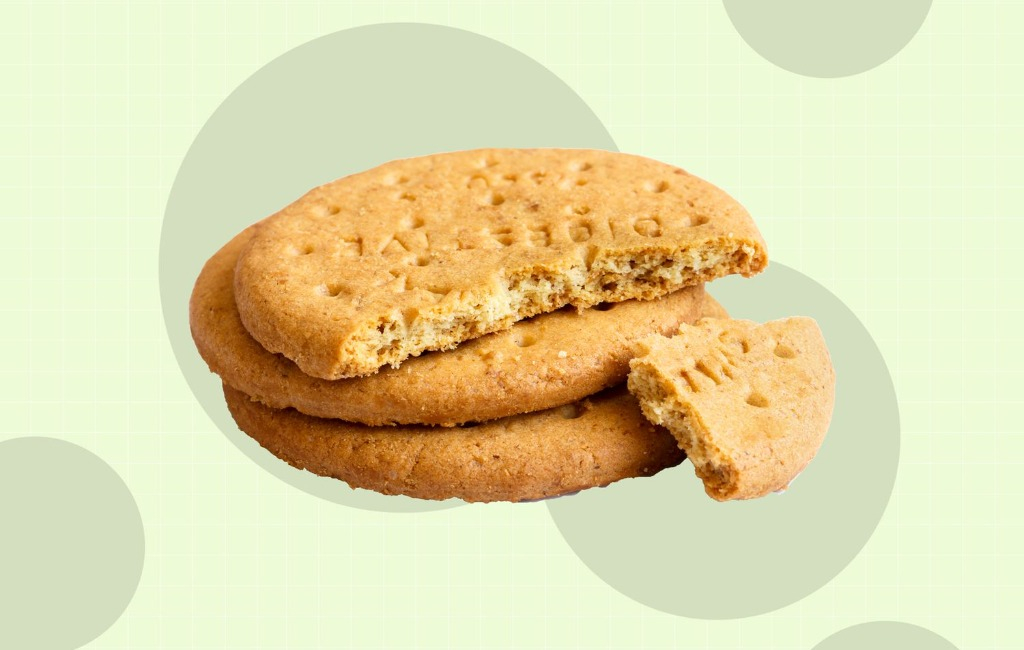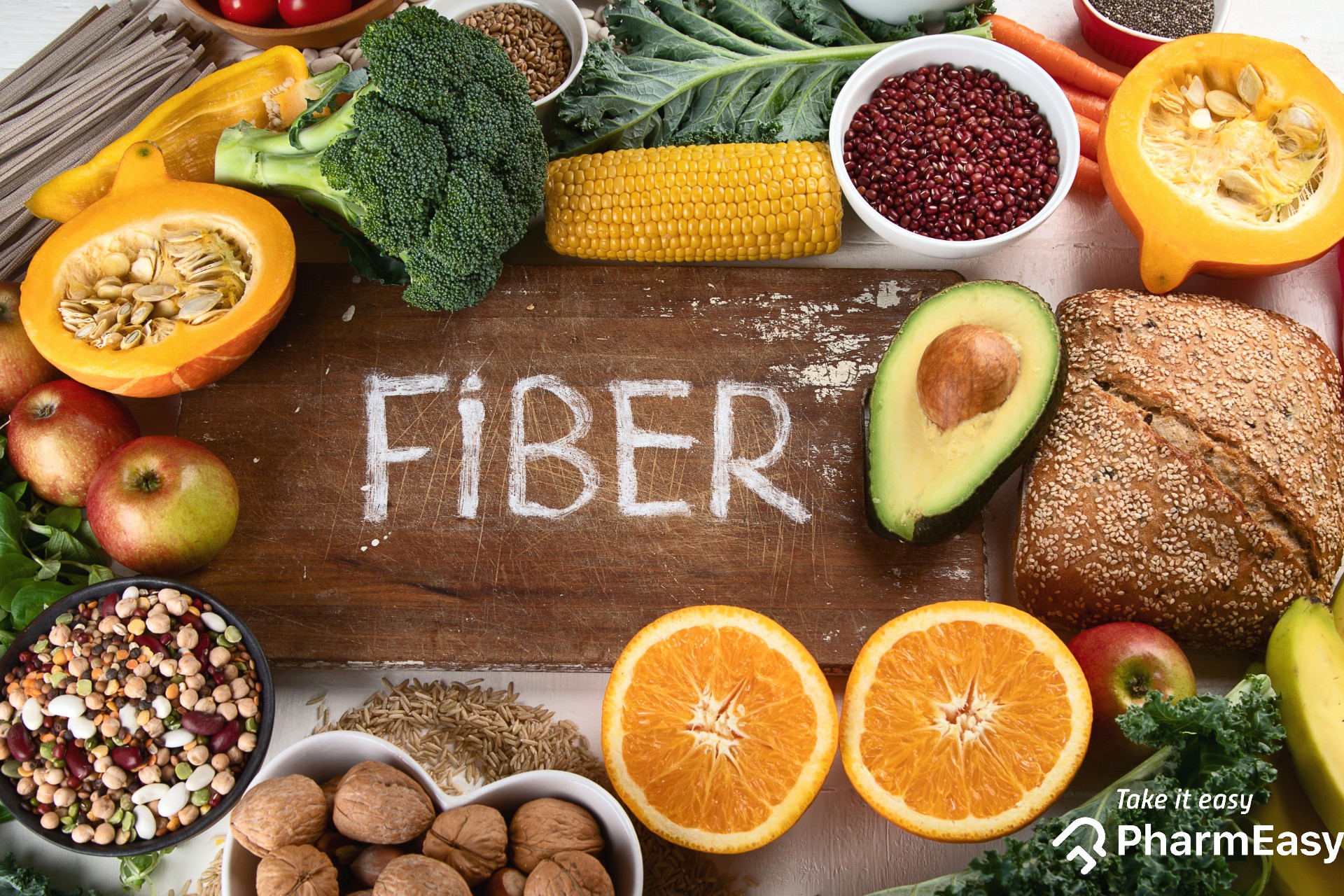Are Digestive Biscuits Healthy?
By Hira Waheed
27 May 2023
Biscuits, a beloved treat enjoyed by many, come in a variety of flavors and types. One such variant is the digestive biscuit, which has gained popularity due to its perceived health benefits. Our team has dug up the history of digestive biscuits, explored their potential benefits and side effects, and highlighted the importance of considering natural fiber sources as a healthier alternative.

The Origin and Purpose of Digestive Biscuits
Digestive biscuits were created in the early 19th century. Originally named "digestive bread," these biscuits were intended to aid digestion due to their high fiber content.
The combination of wholemeal flour and wheat bran provided a good source of natural fiber, which was believed to support a healthy digestive system.
Digestive biscuits offer a few potential benefits:
Fiber Content
Digestive biscuits contain fiber-rich ingredients like wholemeal flour and wheat bran. Fiber aids in digestion helps regulate blood sugar levels, and promotes a feeling of fullness.
Satiety
The presence of dietary fiber in digestive biscuits may help curb hunger and prevent overeating, which can be beneficial for weight management.
Energy Boost
Digestive biscuits often contain carbohydrates, providing a quick source of energy when needed.
Side Effects and Considerations
While digestive biscuits have their merits, it's important to be aware of a few potential side effects and considerations:
Added Sugars Some varieties of digestive biscuits may contain added sugars, which can contribute to excess calorie intake and potential negative effects on overall health.
Calorie Content
Digestive biscuits, despite their perceived healthiness, still contain calories. Overconsumption can lead to weight gain if not balanced with a healthy diet and lifestyle.
Limited Nutrient Profile
Although digestive biscuits provide some fiber, they may lack essential vitamins, minerals, and other nutrients found in whole foods. Relying solely on biscuits for nutrition can lead to nutritional deficiencies.
Gut Health Considerations
While digestive biscuits contain fiber, it's important to note that natural fiber from fruits, vegetables, and whole grains is generally considered a better option. Excessive reliance on biscuits can disrupt the balance of good bacteria in the gut and potentially lead to digestive issues.
Considering Natural Fiber Sources

To prioritize overall health and well-being, it is advisable to opt for natural fiber sources rather than relying solely on biscuits. Include a variety of fruits, vegetables, whole grains, legumes, and nuts in your diet to obtain a broader range of nutrients, vitamins, and minerals alongside fiber.
These natural fiber sources not only support digestion but also contribute to a well-rounded and nutrient-rich diet.
Digestive biscuits, with their history and reputation for aiding digestion, offer some benefits in terms of fiber content and satiety. However, it is important to exercise moderation and consider natural fiber sources as part of a balanced diet. While enjoying the occasional digestive biscuit as a treat is unlikely to cause harm, relying solely on biscuits for fiber can lead to nutritional imbalances. Strive for a diverse diet that includes a range of whole foods to ensure optimal health and digestive well-being.







